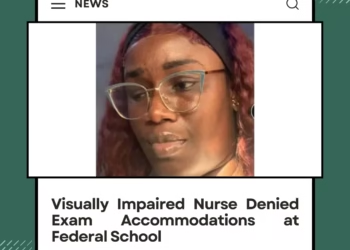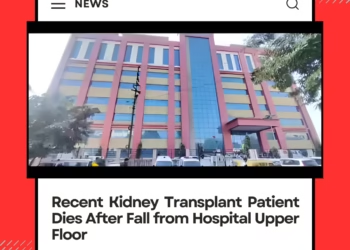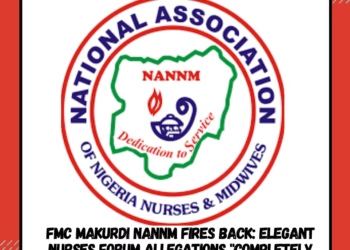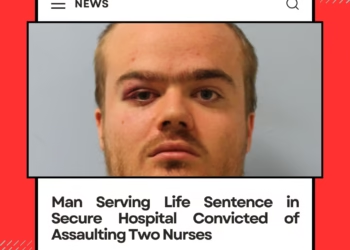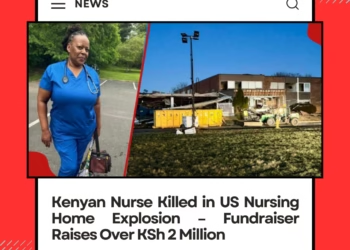Fellow Nurses Africa | Lagos, Nigeria | 28 November, 2025
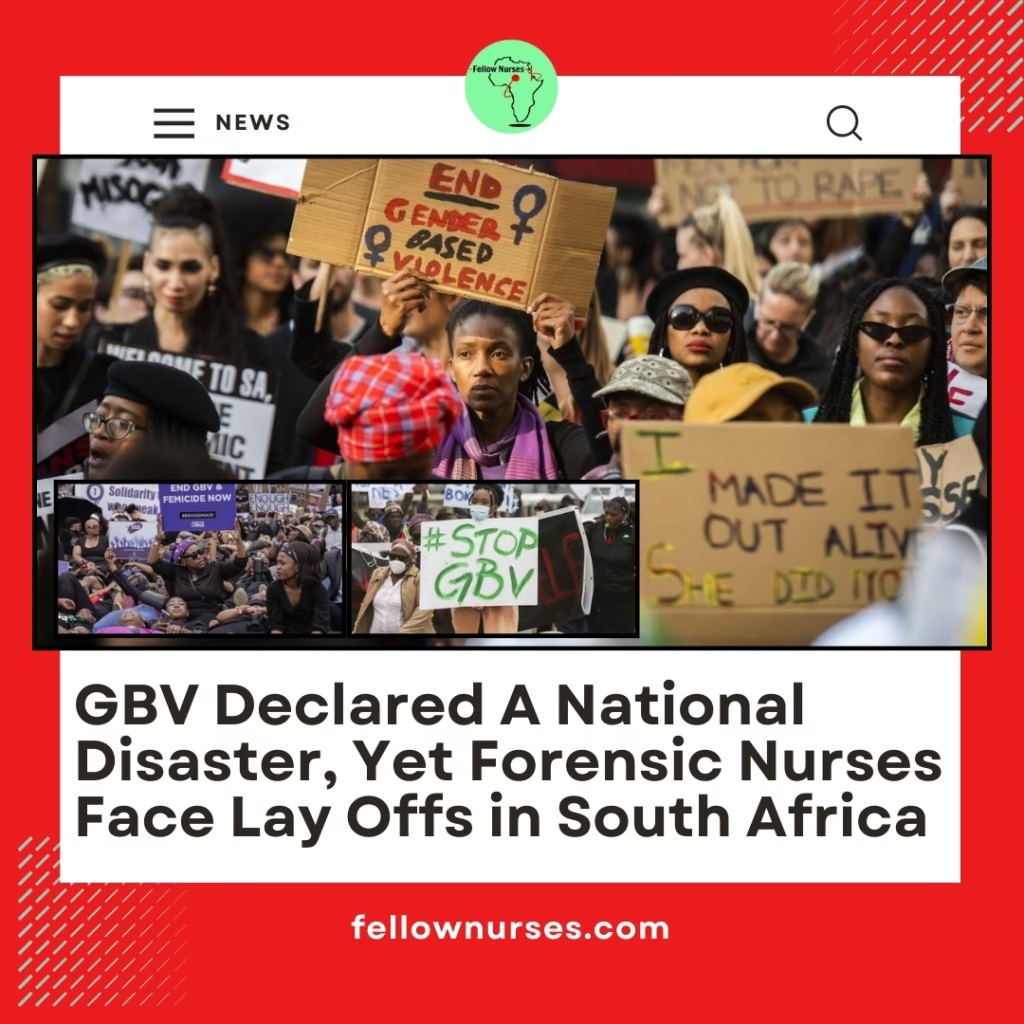
South Africa’s government has declared Gender-Based Violence (GBV) and femicide a national disaster, a sad recognition of the country’s ongoing crisis. But behind this declaration lies a less-visible, critical problem: frontline forensic nurses, who play a pivotal role in supporting survivors, are facing job cuts, shortages, and overstretched resources.
This underreported crisis has serious implications for survivor care, justice outcomes, and the broader health system.
Forensic Nurses are at the frontline of Gender Based Violence Response
Forensic nurses in South Africa, especially those stationed at Thuthuzela Care Centres (TCCs), provide life-saving services for survivors of sexual assault. Their responsibilities include:
-
Medical care: Emergency contraception, HIV prophylaxis, STI treatment, wound care
-
Forensic evidence collection: Swabs, DNA samples, medico-legal documentation for prosecutions
-
Psychosocial support: Crisis counseling, trauma-informed care, referral to longer-term mental health services
These specialized nurses are often the only professionals trained to manage both the medical and legal dimensions of sexual assault care. Yet reports indicate that in some provinces,
only two full-time forensic nurses are available, and their positions are now under threat due to budget constraints and government resource gaps.
The Scale of the GBV Problem in South Africa
According to Stats SA, South Africa records over 40,000 sexual offences annually, though the actual numbers are likely higher due to underreporting.
There is currently a backlog of 30,000+ cases waiting for forensic processing and medico-legal evidence collection.
Declaring GBV a national disaster has not triggered proportional emergency funding to strengthen frontline services or expand forensic nursing capacity.
Why This Crisis Matters Beyond South Africa
-
Survivor care is compromised: Job losses and staff shortages delay critical medical and psychological interventions.
-
Justice is undermined: Delays in forensic evidence collection threaten prosecutions, allowing perpetrators to evade accountability.
-
Health system strain: Overstretched nurses lead to burnout, absenteeism, and reduced quality of care, creating a vicious cycle.
-
Global relevance: Other countries in Africa and the Global South can learn from this, without sufficient specialized nurses, GBV interventions falter even when disasters are officially declared.
Structural Failures Behind the Crisis
-
Policy vs funding gap: National disaster declaration signals urgency but lacks financial backing for frontline services.
-
Nurse specialization undervalued: Forensic nursing is not just clinical; it is legal, psychological, and social work combined, yet is under-resourced.
-
Limited public awareness: Many citizens are unaware that the “national disaster” declaration does not automatically translate to improved survivor care.
Protecting forensic nurses is critical to addressing GBV in South Africa.
Every survivor deserves timely care. Every nurse deserves support. The time to act is now.
This crisis illustrates a broader lesson for the global nursing community: declaring a health or social disaster is meaningless without investing in specialized health workforce capacity. Nurses, especially those in specialized roles like forensic care, are not just care providers, they are guardians of justice, health, and dignity.


